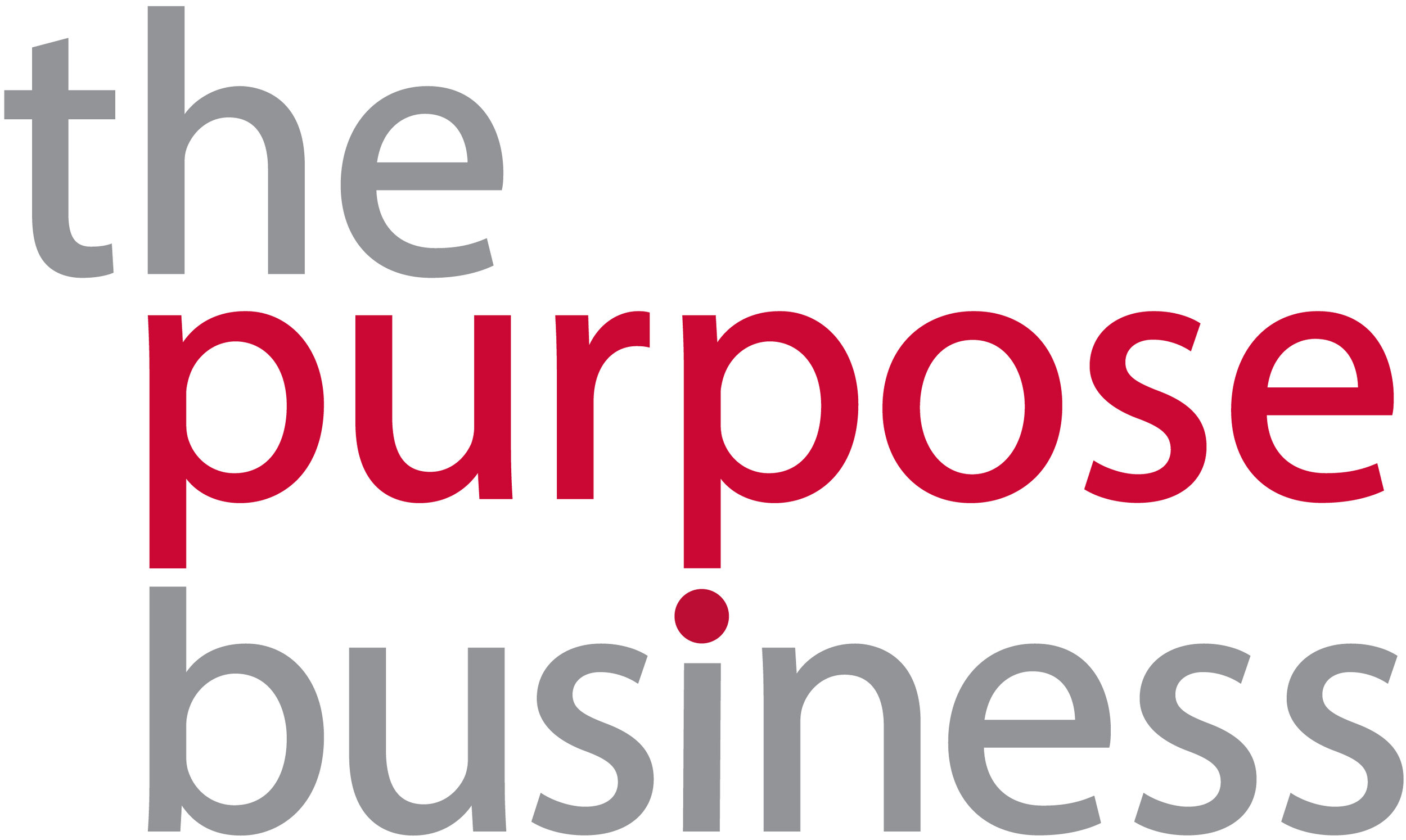Food Tossed = Profit Lost
Guest contributor Nissa Marion explains why food waste is a big deal, and how you can start to manage it better.
Food waste. As far as world issues go, it may sound like a relatively benign one at first; but it has profound connections to many of the social, environmental and economic problems that we face. The UN’s Sustainable Development Goals address it directly, and emphatically, with SDG 12.3: “To halve food waste per capita by 2030, and reduce food waste worldwide.”
According to the UN Food and Agriculture Organisation (FAO), roughly one-third of all food produced in the world is lost or wasted each year. Throughout the supply chain – growing, transporting, processing, storing, preparing, serving, selling – vast quantities of food, often perfectly edible, are being disposed needlessly every day.
So what’s the big deal?
Environmentally, throwing away food amounts to a complete waste of the vast quantities of water, energy, carbon and other resources that go into producing it. And once in landfills, rotting food generates methane, a major contributor to global warming.
Meanwhile socially speaking, it seems ludicrous that in Hong Kong alone we are sending a whopping 3,400 tonnes – the weight of about 450 elephants – of food to landfill each day, while one in eight citizens lives below the poverty line and struggles to fulfil basic nutritional needs.
And then there’s the money side of things. As powerful as the environmental and ethical cases may be, there is also a huge financial story to tell: worldwide, an estimated US$940 billion per year in economic losses are caused by food waste, says the FAO.
What does this mean for your business? If it relates in any way to food, chances are it means substantial savings are available with a few basic changes.
A recent study by Champions 12.3 analysed over 1,200 business sites across 17 countries, including food manufacturing, supermarkets, hospitality, and restaurants, focusing on financial costs and benefits of food waste reduction. The results were impressive: 99 per cent of the business sites saw a positive return – to the tune of an average $14 return on every dollar spent. The investments ranged from waste monitoring to training programmes, improved storage, and new technologies.
On a more relatable scale, SO Sofitel Bangkok hotel cut their food waste down to almost 12 tons per year, after some help from LightBlue Environmental Consulting. This translated to approximately US$90,000 in just a year.
Given the stark facts and attainable wins, it’s hard to refute the case for improved food waste management. Fortunately, for companies looking to take action, there’s no need to invent the wheel. References and resources abound, regardless of the scale of your business.
Not sure where to start? Consider these steps:
Calculate: Understanding what types and quantities of food waste you generate is the absolute starting point. According to food waste expert and consultant Benjamin Lephilibert of LightBlue Consulting, all you really need are a simple system of color-coded bins and containers, kitchen scales, an Excel spreadsheet, and a commitment to get the job done.
Communicate: All employees who come into contact with food, and even some who don’t, have a role to play in your reduction effort. From purchasing and supply managers to chefs, waiters and even technicians, there are roles for everyone in the food waste story. Consider empowering key people by creating a goal-driven working group or committee.
Motivate: To get members of your organization on board, it can be helpful to share the financial, social, and environmental benefits of taking action; however the most effective approach will also answer the question, “What’s in it for me?” To this end, get creative with positive reinforcements such as offering small rewards for successes, encouraging staff-led initiatives, or allocating a portion of the funds saved to celebratory staff outings or events.
Innovate: Implementing a monitoring system, reviewing your storage practices and empowering your employees will get you a long way, says Lephilbert. But what then? Every business has its own particular needs and challenges. Your next step may be engaging your customers, perhaps by joining the EPD’s Food Wise Eateries scheme. Or it may be connecting with local charities like FoodLink, to redistribute your surplus food to those less fortunate. Perhaps an electric composter will provide the right solution, turning your organic waste into a valuable product. Examine your business and determine what measures will have the most payoff.
Get Help: There are numerous NGOs, campaigns, services and consulting businesses ready to help you on your way: Check out these for starters:
Food Wise Hong Kong – the Hong Kong Government’s ongoing food waste campaign
Think.Eat.Save – a global partnership offering resources and guidance for all sectors
The Pledge on Food Waste – a full suite of food waste consultancy services
http://sustainablebusiness.org.hk/initiatives/zero-waste-alliance/ – an alliance of restaurants committed to exploring solutions from waste separation, avoiding single-use products, switching from plastic packaging to compostable, and pursuing the use of plant-based materials.
Nissa Marion is a guest writer for The Purpose Business. She is a freelance presenter, editor, writer and environmentalist.










